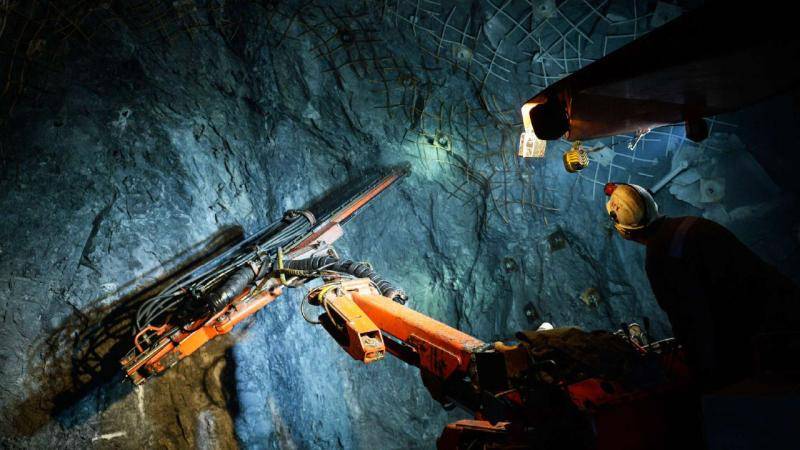Abu Dhabi, UAE – The mining sector’s contribution to the non-oil GDP of the United Arab Emirates is set to increase to 5% by 2030, Khaled Al Hosani, Director of the Geological and Mineral Resources Department at the Ministry of Energy and Infrastructure, said on Monday.
The ministry has launched the country’s first mineral wealth strategy, in collaboration with local authorities and the private sector, to align with global and regional trends, he added.
Al Hosani said in his interview to the Emirates News Agency (WAM) during the eighth edition of the Fujairah International Mining Forum and its accompanying exhibition, held from September 26 to 28 under the theme “Mining Investment, Sustainable Development.”
Al Hosani stressed that the ministry has set targets for the mining sector, including increasing the number of companies in mining and manufacturing industries, boosting the sector’s added value and increasing relevant exports by 2026, as well as substituting mining extraction industry imports valued at some US$558 million with local products by 2026. It also involves declaring six geological reserves in collaboration with relevant authorities, and registering them with the United Nations Educational, Scientific and Cultural Organisation (UNESCO) by 2030, among other objectives.
“The ministry has conducted geological and mineral surveys, produced geological maps, and built a geological and geophysical database,” the minister said. “The first mineral survey was carried out in 1975, resulting in the preparation of various geological maps.”
“From 2002 to 2006, modern geological maps were developed for mountainous regions and adjacent areas through detailed geological studies, including fieldwork,” he added.








